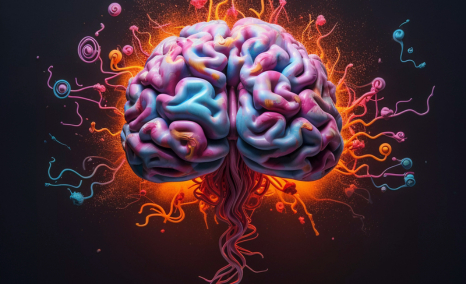Novartis sends out orphan disease drug to LifeMax Labs
LifeMax Laboratories, biotech based in San Francisco is given an authorization of a treatment by Novartis for Netherton syndrome, an orphan genetic disorder. Focus of treatment is on managing symptoms and avoiding skin infections and other complications. LifeMax Labs gets the global rights to develop, manufacture, and market BPR277, the treatment for atopic dermatitis and Netherton syndrome. Novartis will get an upfront payment, development and regulatory milestones and royalties on net sales in exchange.
After acing phase 3 trial, Pfizer considers ATTR cardiomyopathy filing for tafamidis
Tafamidis for an orphan disease, transthyretin amyloidosis (ATTR) of the big pharma company, Pfizer, has reached the mark in a phase 3 trial that will set up regulatory filings. The company unveiled results that showed tafamidis notably decreased all-cause mortality by 30% and cardiovascular-related hospitalizations by 32% compared to placebo over a 30-month period from the ATTR-ACT trial at the European Society of Cardiology (ESC) meeting in Munich, Germany.
Cholesterol drug of Esperion slashes LDL-C in phase 3
When Esperion’s bempedoic acid is added to Zetia in a phase 3 trial, LDL cholesterol got lowered. This ensues Esperion to file for approval in the U.S. Bempedoic acid obstructs cholesterol biosynthesis in the liver that leads Esperion to aid patients. Also, Esperion is safe and pivotal for all future readouts.
Neurological disease and substance abuse can acclerate brain aging
Aging and age-related dementia in the brain are due to reduced blood flow and destruction of blood vessels. The scientists used single photon emission computed tomography (SPECT) in people that aged between 9 months to 105 years to scan the brains of 31,227 individuals. The team made up of scientists from Amen Clinics, Google, John’s Hopkins University, University of California, Los Angeles and the University of California, San Francisco. They studied flow of blood in 128 brain regions to identify lifestyle, to guess the age of each individual and disease factors that might speed up the loss of cerebral flow of blood. They realized that several brain disorders and behaviours could speed aging. Cannabis abuse, bipolar disorder, attention deficit hyperactivity disorder (ADHD) and alcohol abuse each contributed 2.8 years, 1.6 years, 1.4 years and 0.6 years, respectively, according to the team’s analysis, published in the Journal of Alzheimer’s Disease.



